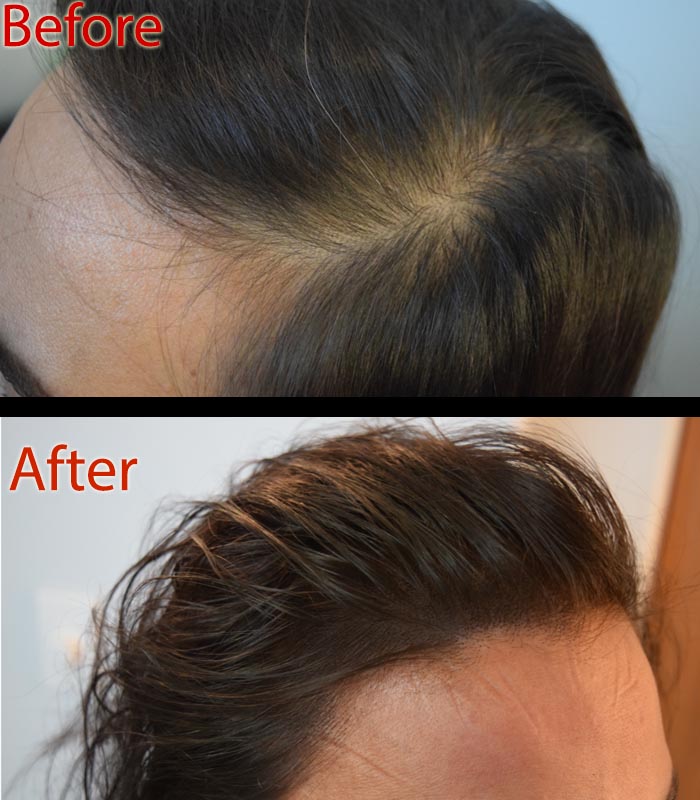Hair loss is a common concern across the globe. While some shedding is part of the process, too much hair shedding can cause distress and impact self-esteem. The good news is, there are proactive steps to prevent hair fall and keep your mane healthy and vibrant. Additionally, for those facing persistent hair loss, there are solutions beyond traditional treatments.
Can you Prevent Hair Fall?
The health of your hair starts from the inside out. You can take some steps to keep your hair healthy and nourished.
Nourish Your Hair with a Balanced Diet
A diet rich in essential nutrients provides the building blocks for healthy hair. Ensure your meals include plenty of protein, iron, zinc, and vitamins A, C, and E. Incorporate foods like eggs, nuts, leafy greens, and fish into your diet for optimal hair health.
Stay Hydrated
Adequate water intake keeps your hair hydrated and promotes overall health. Aim for at least eight glasses of water daily to keep your scalp and hair follicles functioning optimally.
Manage Stress
Chronic stress can disrupt the hair growth cycle and contribute to hair loss. Techniques like meditation, yoga, or regular exercise can help manage stress levels and keep your hair healthy and prevent hair loss.
Avoid Harsh Treatments
Steer clear of chemical relaxers, excessive heat styling with straighteners or curling irons, and tight hairstyles like braids or ponytails that put strain on hair follicles.
Detangle with Care
Use a wide-tooth comb to gently detangle wet hair to minimize breakage. Avoid rubbing your hair vigorously with a towel after showering; pat it dry gently instead.
Choose the Right Products to prevent hair fall
Select shampoos and conditioners formulated for your specific hair type. Look for products containing nourishing ingredients like biotin, keratin, and natural oils to keep your hair healthy and strong.
Protect your hair from sun
Sun exposure can damage your hair. Wear a hat to shield your scalp from the sun. Choose hair products with SPF for an extra layer of defense against sun damage.
When Prevention Fails
Your hair prevention steps may or may not work if you the root cause of hair loss is a medical condition or ailment unless the illness is treated. In some cases, hair loss could be a side effect of certain medications. That means hair loss prevention tips may not work in such cases unless you address the cause itself.
Alternative Treatment
For those experiencing ongoing hair loss woes, or when other treatments prove ineffective, Scalp Micropigmentation offers a viable alternative solution to hide hair shedding, if not prevent hair fall. The non-surgical hair loss treatment procedure involves depositing tiny pigments into the scalp to create the appearance of a fuller head of hair or a closely shaved look.
This non-invasive technique can be beneficial even for individuals with advanced hair loss or thinning hair. No, it is not a technique to regrow hair but it helps effectively camouflage hair loss, providing a natural-looking solution that boosts confidence and requires minimal maintenance.
Getting it done from a scalp expert is the right way forward to overcome hair loss blues. An Arizona SMP professional can help restore your confidence so you can get rid of hair loss woes and get back to life as usual.
Trust the scalp experts in Arizona at DermiMatch Clinic. They are one of the most trusted names in the world of Arizona scalp micropigmentation with in-depth knowledge of and expertise in SMP.


